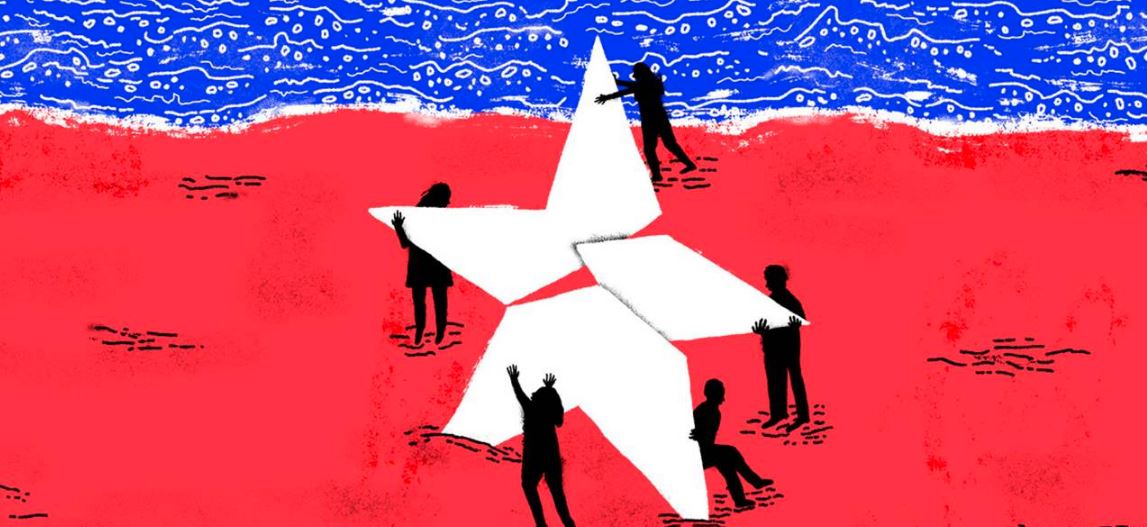The end of Raúl Castro’s mandate as president of Cuba, expected to come on 19 April, presents a historic opportunity to overhaul the state of human rights in Cuba, Amnesty International said today, as it published a roadmap for how the new administration can improve the nation’s human rights record: Transform confrontation into dialogue.
“This is an opportune moment to engage in essential and constructive dialogue about Cuba’s future. The new president must seize this chance to build on Cuba’s human rights progress in areas like access to healthcare and education, by addressing the nation’s historical human rights challenges, particularly the ongoing restrictions on the rights to freedom of expression and peaceful assembly,” said Erika Guevara-Rosas, Americas Director at Amnesty International.
“The government must not squander this opportunity to usher in a new era of respect for human rights. Through dialogue with all sectors of Cuban society, including human rights organizations, independent trade unions, journalists and other civil society groups, authorities must guarantee the rights of all Cubans, including those who are critical of the government. This must include putting a swift end to censorship, bringing its criminal justice system in line with international standards, and tackling all forms of discrimination.”
Although Amnesty International has not been allowed into the country for nearly three decades, it has documented the ongoing detention, harassment and intimidation of activists and independent journalists in the months prior to Raúl Castro’s planned departure. In the last three years, the organization has been able to identify at least 11 prisoners of conscience in the country, detained solely for their peacefully held beliefs.
Amnesty International’s human rights agenda for Cuba highlights urgent and long-standing human rights challenges that the new Cuban administration should prioritise, and proposes 15 concrete steps to be taken in five key areas.
These include the need for the Cuban government to engage constructively with international human rights monitors and engage openly in a range of human rights issues, from reforms that guarantee a free press to the creation of comprehensive anti-discrimination legislation. The roadmap also calls on the government to respect the right to education by putting an immediate end to censorship and undue internet restrictions; to allow the registration of all civic associations; and strengthen the independence of the judiciary.
Amnesty International also reiterates its longstanding call for the USA to lift the embargo on Cuba, which continues to undermine the economic and social rights of the nation’s most vulnerable people.





















